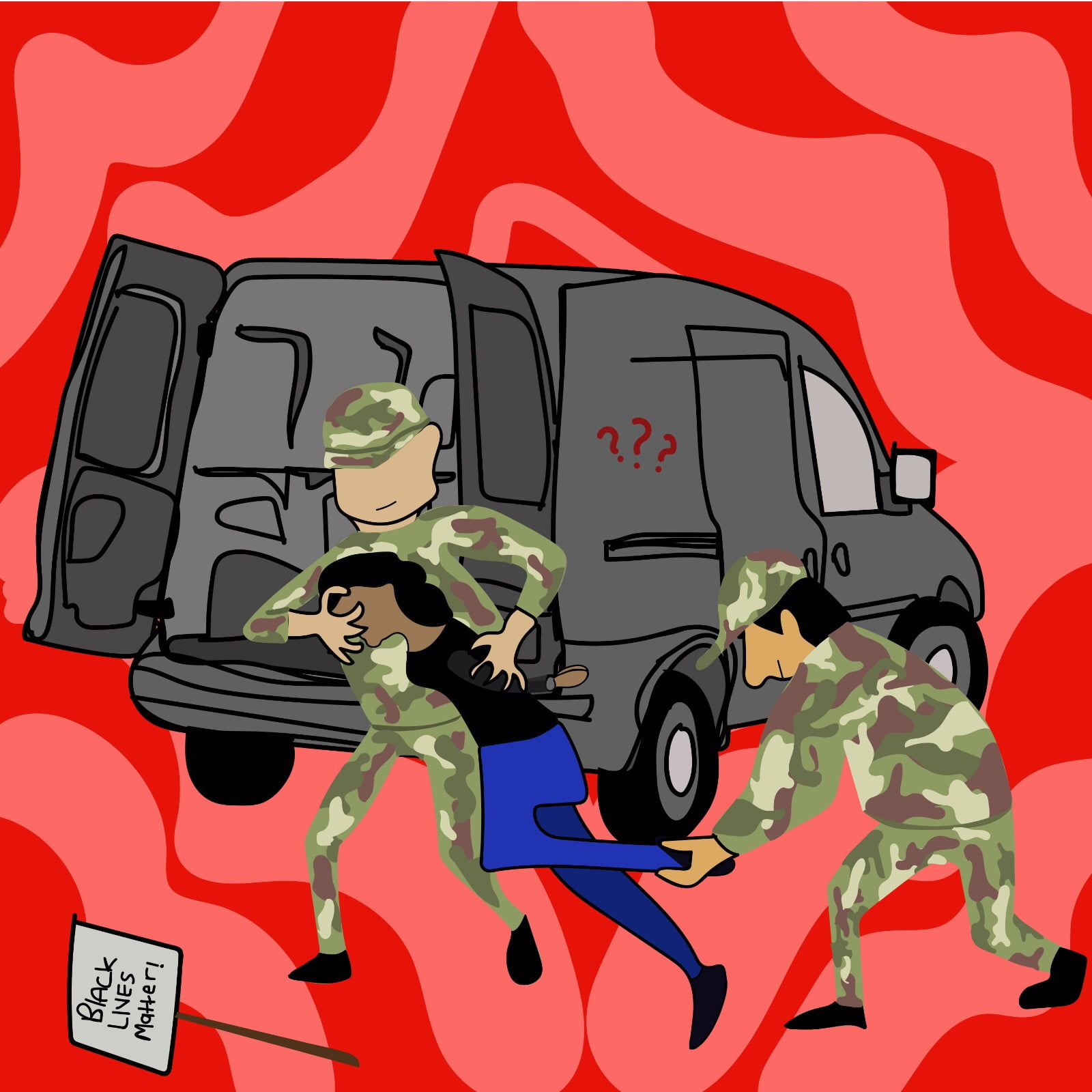By Emmet McGeown
On June 29, 4-year old LeGend Taliferro was killed by gunfire in Kansas City, Missouri. He had fallen asleep inside his pillow fort and at around 2am he was murdered in a targeted shooting of his apartment, according to the Kansas City Police Department.
Having been diagnosed with a heart defect shortly after birth, LeGend received his first open-heart surgery at just 4 months old. His mother, Charron Powell, said that her only child “has the heart of a lion” and was always excited to create awareness for conditions similar to his.
As a result of this horrific murder and spiking crime rates in St. Louis Attorney General, William Barr, announced “Operation LeGend” on July 8. This Justice Department initiative has directed agents from the FBI, DEA, ATF, and US Marshals Service to supplement local law enforcement agencies with the aim of cracking down on illegal gun trafficking and aiding ongoing homicide investigations.
In total, 225 federal agents were sent to Kansas City to help the 400 federal agents already located in the metro area. US Attorney for the Western District of Missouri, Tim Garrison, announced on July 31 that 97 arrests have been made by federal and local law enforcement since the launch of Operation LeGend. Five arrests were made for homicide, but other offenses cited were drug trafficking, robbery, and child molestation.
However, this has not been the extent of federal intervention in US cities. In a Fox News phone interview, the President stated “We’ll go into all of the cities, any of them. We’re ready.” Such a statement is emblematic of the President’s desire to make federal policing a key part of his Nixonian “law and order” campaign strategy. Undoubtedly, he is hoping to appeal to suburban voters worried about crime spilling into their neighborhoods from urban centers. The President also claimed that he was prepared to dispatch “50,000, 60,000 people” into American cities.
Trump has presented increasing crime rates in cities as a partisan issue whereby Democrat-run cities are the most dangerous places in the country largely due to their leadership’s political affiliation. Overall, out of the 50 largest cities in the US the homicide rate has increased by 25% in cities with Democratic mayors and by 15% in Republican-run cities revealing a decidedly bipartisan issue despite the President’s best efforts.
Operation LeGend’s coordinated law enforcement plan has now expanded into Chicago, Albuquerque, Cleveland, Detroit and Milwaukee. Reasons for this move include a 54% increase in homicides in Chicago from last year, a 7% increase in Detroit’s violent crime compared to the previous year while each of Cleveland’s 5 police districts are coping with an increase in shootings of around 20%.
Such statistics reveal a problem in many US cities, yet the question remains as to whether this problem can or should be solved through federal intervention or whether this, being a local issue, should be remedied via local resources.






